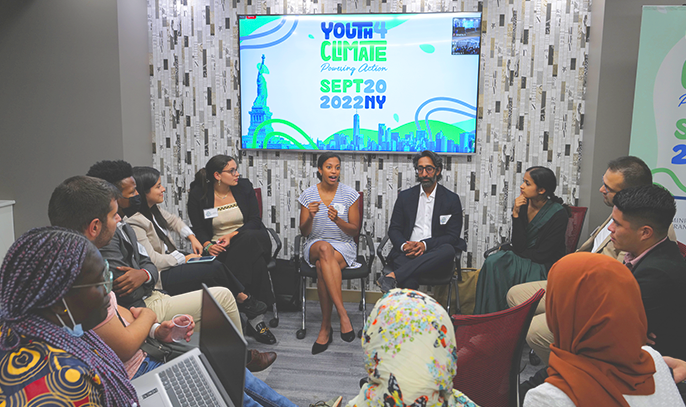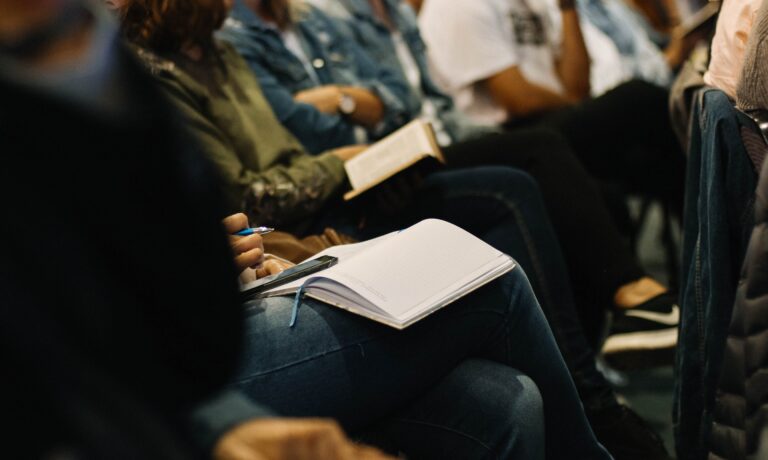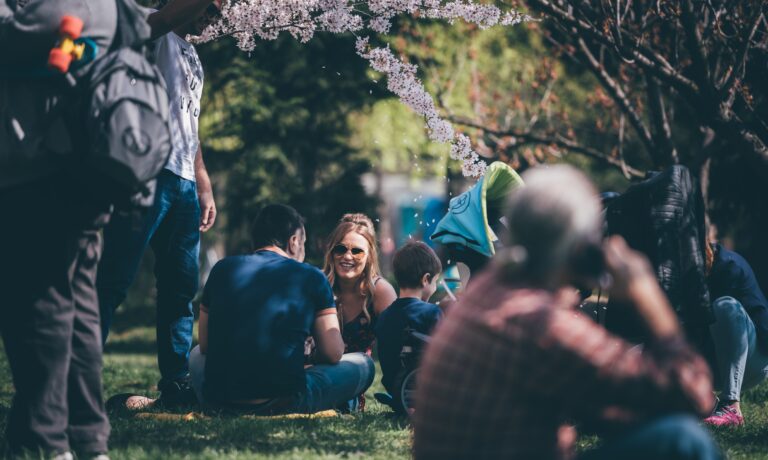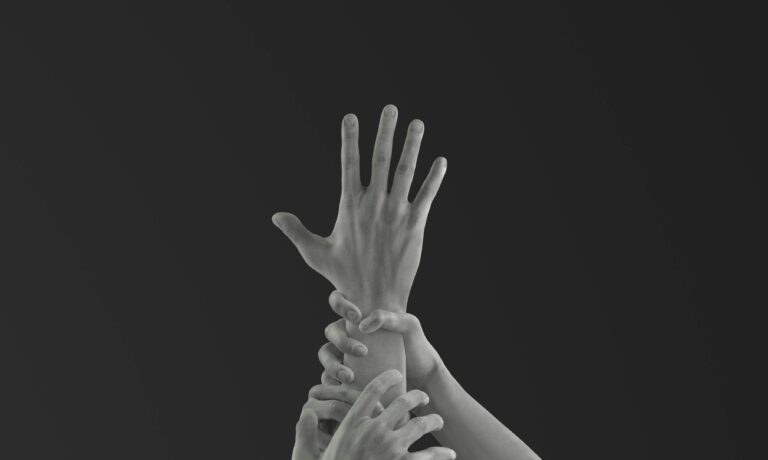Creare un ambiente protetto ad Aleppo
A contribution to strengthening child protection in Syria in line with the principles of the Convention on the Rights of the Child, incentivizing community members to actively participate in community protection mechanisms.
Starting date
16 February 2023Duration
12 monthsRealized by:
Terre des Hommes ItaliaObjectives
Increasing the resilience and coping capacity of the boys and girls who are living in the Syrian crisis, thanks to their participation in the Psychosocial Support Service (PSS) through the resilience program.
Training local staff and the Ministry of Education (MOE) teaching staff in order for them to offer psychosocial support sessions for children to promote child protection and peace-building processes.
Promoting the concept of peace-building in schools and local communities and strengthening the ability of students to design, implement and assess peace-building activities with an increasingly larger scope and impact.
Raise awareness among local community leaders and members regarding child protection, peace education and positive parenting.
The second phase of the project called “Creare e consolidare un ambiente protetto e improntato alla pace per i bambini colpiti dalla crisi siriana” (Creating and consolidating a safe and peaceful environment for the children affected by the Syrian crisis) focuses on the following neighborhoods in Aleppo: Bustan al-Qasr, Al Saliheen, Maisaloon and Al Hamadaniah 1070.
It aims at protecting the fundamental human rights of the whole Syrian population, with a particular focus on children, women and people with disabilities. Interventions will include:
- In target areas in Aleppo, 1,000 children will receive psychosocial support (through the Resilience Program) adequate to their specific needs, to promote resilience, peace education, non-violent communication and conflict resolution.
- Providing peace-building training to teachers and volunteers (focusing in particular on conflict resolution abilities, negotiation skills and child protection).
- Fostering the creation of student clubs, with a view to developing a non-violent, collaborative and trusting environment among students and designing campaigns to promote peace education.
- Organizing awareness-raising sessions for at least 2,000 parents to help them become aware of their children’s problems.
- Providing training to 25 leaders and caregivers in the community as regards the community-based protection mechanism, analyzing needs and challenges and identifying concrete solutions together.
- Supporting local members in planning, designing and implementing initiatives, services and events for their community in order to promote peace-building and social cohesion.
Eleven years after the beginning of the crisis, most Syrians have to face a constant decline in humanitarian conditions: humanitarian and economic indicators keep deteriorating, basic services and other critical infrastructures are collapsing, widespread and frequent power outages force half of the Syrians to regularly use candles to lit up their houses and those who get ill have few possibilities to find a functioning hospital. In many parts of the country people still live in constant fear of attacks; a cholera outbreak is on-going and climate shocks are exacerbating an already dire situation.
Because of these challenges, in 2023 15.3 million people will need humanitarian assistance, including 7 million children and 6.8 million internally displaced people.
The economic and food crisis and the decrease in opportunities for women and girls to live in safe places have caused an exacerbation of the risk for gender-based violence (GBV) in its various forms, including: violence from one’s partner and family, sexual violence and harassment, early and forced marriage, episodes of sexual exploitation and abuse (VAS), online violence.
According to UN’s estimates, about 8.5 million people need PSS (1.2 million more than in 2022). 55.7% of them are women and 37.5% are girls.
Furthermore, an estimated 1 out of 5 people suffers from some form of disability, mainly caused by the on-going conflict, which increases the likelihood of exposure to GBV.
Besides concerns linked to GBV, children’s conditions are also alarming: more than 5.9 million children and minors are in urgent need of various protection services. The economic crisis is fomenting damaging survival mechanisms and contributing to normalizing the exploitation of minors. The majority of vulnerable communities report they resort to early marriage – especially for girls – and child labor, for boys.



